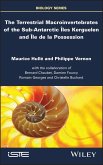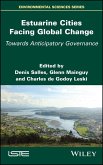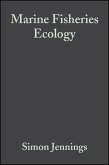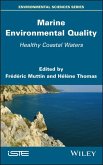The marine environment, in addition to a not insignificant background of "natural" radioactivity, has continued to receive inputs of radionuclides directly or indirectly through atomic fallout, discharges from the nuclear industry or from nuclear accidents. After their introduction, the fate of these radionuclides is complex with modifications of physicochemical forms, dispersion in marine water masses and adsorption onto sedimentary particles. Marine organisms then bioaccumulate these radionuclides to a greater or lesser extent, dispersing them via their burrowing activities, horizontal and vertical migrations or through food webs. All of these phenomena lead to very variable radioactive contamination, depending on location and the nature of the marine environments concerned, and consequently, to very different doses of irradiation to marine organisms. The harmful effects of ionizing radiation on living marine organisms are felt at varying levels of biological organization from the molecule to the ecosystem, passing through the cell, the organ, the individual and the population. In the end, the radioactive risk for marine organisms can decline according to several situations, which can be normal, programmed or accidental.
Dieser Download kann aus rechtlichen Gründen nur mit Rechnungsadresse in A, B, BG, CY, CZ, D, DK, EW, E, FIN, F, GR, HR, H, IRL, I, LT, L, LR, M, NL, PL, P, R, S, SLO, SK ausgeliefert werden.









